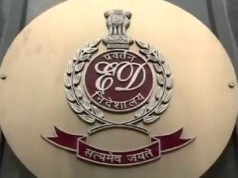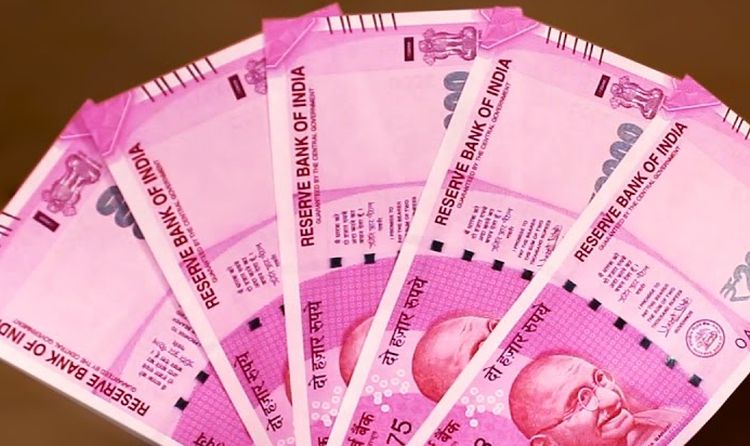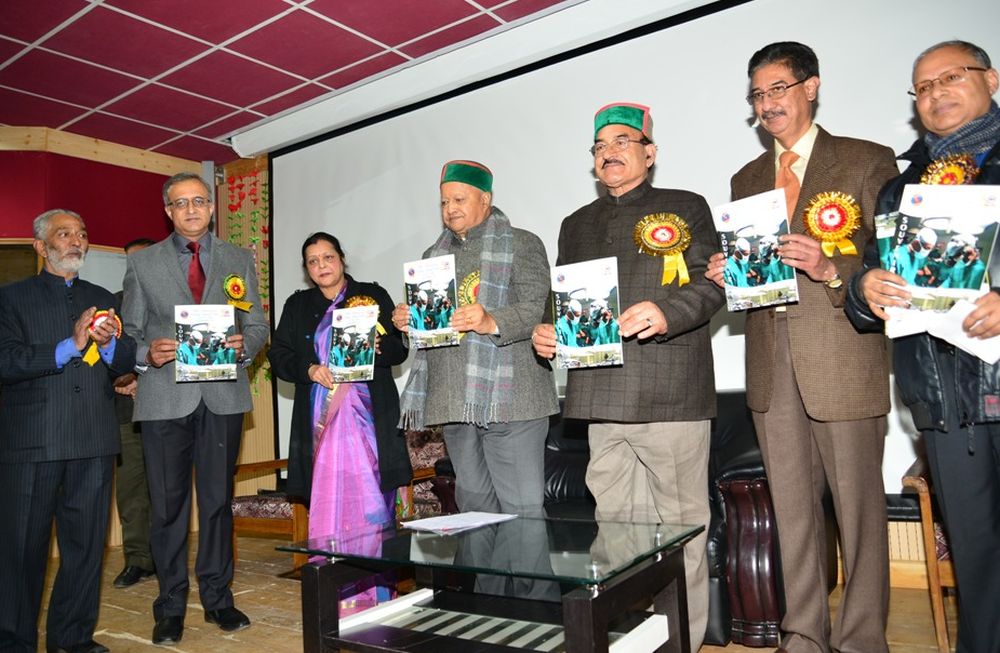The Central Bureau of Investigation (CBI) has concluded its extensive investigation into the multi-crore scholarship scam in Himachal Pradesh, filing chargesheets against 20 institutions and 105 individuals. The scam, which dates back to 2012-13, involved the misuse of funds allocated for scholarships and reimbursement schemes meant to aid students from Scheduled Caste (SC), Scheduled Tribe (ST), and Other Backward Class (OBC) categories.
According to officials, the chargesheets encompass a range of accused parties, including the owners of educational institutes, staff from the Directorate of Higher Education in Shimla, bank officials, and various private individuals involved in the misappropriation of funds.
The investigation was prompted by reports of government school students in the tribal Spiti Valley of Lahaul and Spiti district not receiving scholarships for five consecutive years. Subsequently, the CBI, at the request of the Himachal Pradesh government, initiated a case in 2019 against private educational institutions accused of fraudulent claims amounting to approximately ₹181 crore between 2013 and 2017.
During the investigation, searches were conducted at approximately 30 locations, leading to the recovery of incriminating documents. Nineteen individuals, including educational institute officials, bank personnel, and education department staff, were arrested in connection with the scam.
The probe revealed various irregularities, including the non-disbursement of scholarships to around 32,000 students, with 80% of the scholarship funds being diverted to private institutions. Additionally, several educational institutions were found to have demanded money from students for the release of scholarships.
Further discrepancies included the use of fake letterheads by institutions to falsify affiliations, non-submission of Aadhaar numbers of students, and the opening of fake accounts in nationalized banks.
One notable revelation from the investigation implicated a former superintendent grade-II in the higher education department, Arvind Rajta, who allegedly disbursed over ₹28 crore to nine fake institutions, of which his wife had a 33% stake. Rajta has since been arrested in connection with the case.
The Enforcement Directorate (ED) has also joined the investigation to probe potential money laundering activities, based on the FIR registered by the CBI. The ED’s investigation is pursuant to sections 409, 419, 465, 466, and 471 of the Indian Penal Code, indicating a comprehensive effort to uncover and prosecute all facets of the scholarship scam.
The chargesheets filed by the CBI mark a significant milestone in the pursuit of justice for the victims of the scholarship scam. With legal proceedings underway, authorities are committed to ensuring accountability and preventing similar incidents of financial malpractice in the future.








